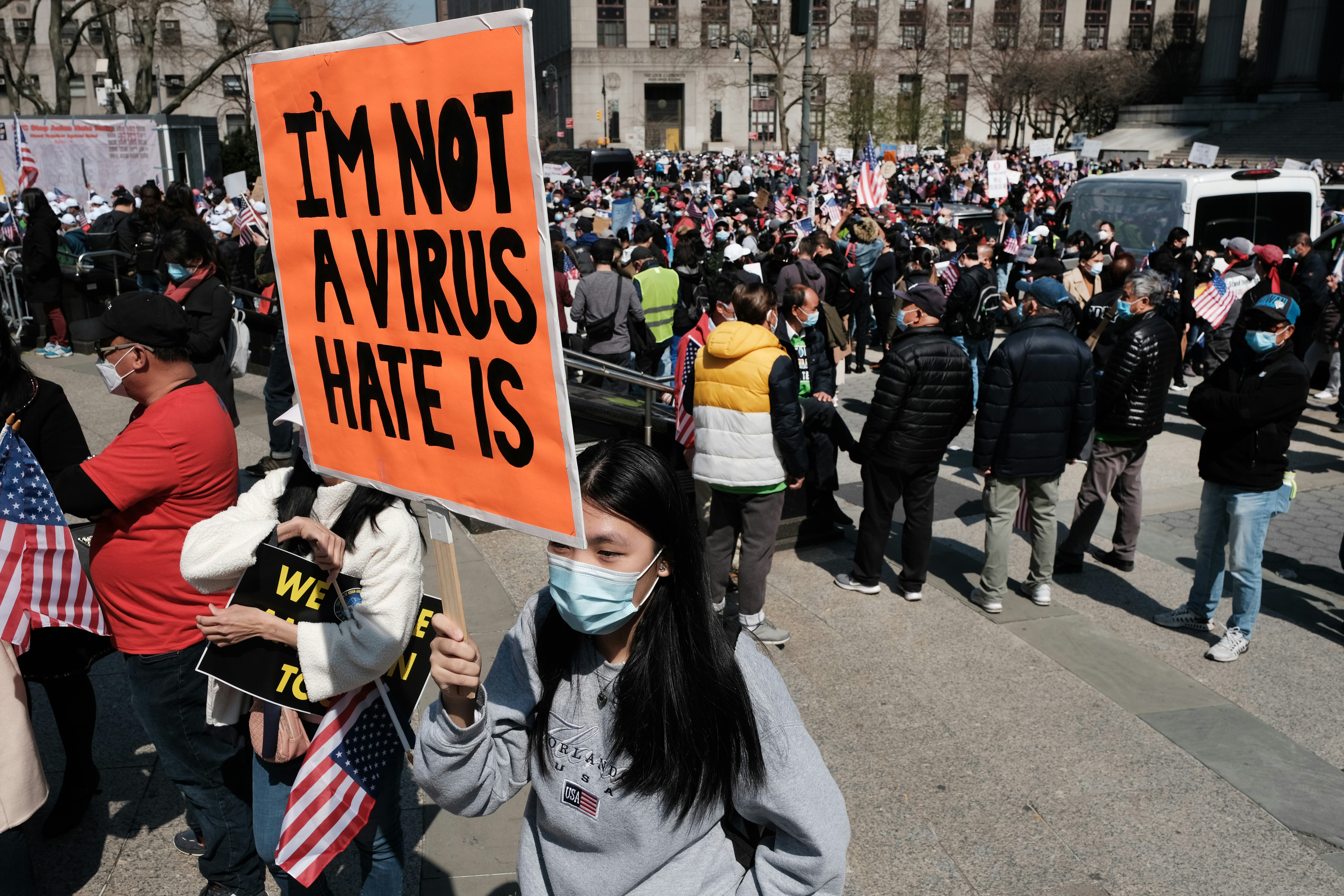
Over the past few years, a number of high-profile hate crimes in the United States have captured national attention. In Georgia alone, there was last year's killing of Black jogger Ahmaud Arbery and the March string of Atlanta spa shootings. While many find some solace in cases like these being prosecuted as hate crimes, the unfortunate reality is that the vast majority are never recognized as such. Recently, a report showed that the Department of Justice fails to prosecute over 80% of hate crime suspects.
Last week, the DOJ released a report on federal hate crime prosecutions from 2005-2019. The report examined 1,878 suspected hate crime cases and found that only 17% of them were prosecuted. In other words, during that time frame, the DOJ failed to prosecute 82% of hate crime cases, with the report stating that insufficient evidence was most often the reason why U.S. attorneys decided not to move forward with a case. (The other 1% of cases were tossed by judges.)
The report is particularly disturbing given that it comes less than a year after the Federal Bureau of Investigations found that hate crimes in the U.S. reached the highest level in more than a decade. In addition, communities of color have been under increased attack lately. For example, a study from the Center for the Study of Hate and Extremism at California State University at San Bernardino found that reports of anti-Asian hate crimes surged in early 2021, with many attributing the attacks to xenophobia following the coronavirus pandemic.
Even without the DOJ's report, though, it wasn't hard to see the lack of prosecutions at play. While some notable cases in the past year have been charged as hate crimes, there are plenty of examples that we might colloquially recognize as hate crimes that weren't charged as such. For example, the Chapel Hill, North Carolina, shooting of Muslims Razan Mohammad Abu-Salha, her sister Yusor Mohammed Abu-Salha, and Yusor's husband Deah Shaddy Barakat resulted in no hate crime charges.
Or consider the case of CeCe McDonald, a Black trans woman who was the victim of a hate crime in Minneapolis. In self-defense, McDonald stabbed one of her harassers. She ended up being charged and serving nineteen months in a men's prison facility.
The reasons why cases that might seem to obviously be hate crimes go without that charge vary. In McDonald's case, anti-Blackness and transmisogyny obviously all played a role in ensuring that she would never be seen as a victim by the justice system — only as a perpetrator. Plus, hate crime laws aren't consistent across the U.S., so individual states have their own standards.
In addition to issues with prosecution, hate crime as a legal category has other problems. Per the Center for Public Integrity, millions of hate crimes go unreported, often because many people who are victims of them have valid reasons to not trust the police. People may also choose not to report hate crimes because they feel their complaint won't be taken seriously. For example, most attacks against LGBTQ+ people are rarely prosecuted as hate crimes. So, why go through all the emotional hassle of filing a report if you know nothing will come of it?
Still, under the Biden administration, the DOJ is supposedly stepping up its efforts in combating hate crimes. In May, President Biden signed a bill addressing the rise of anti-Asian hate crimes amidst the pandemic; that same month, Attorney General Merrick Garland announced a six-step plan to improve the department's efforts. "Since its founding, the Department of Justice has sought to combat unlawful acts of hate," Garland wrote. "As members of the [Department of Justice], we must continue and build upon that work to the greatest extent possible."







